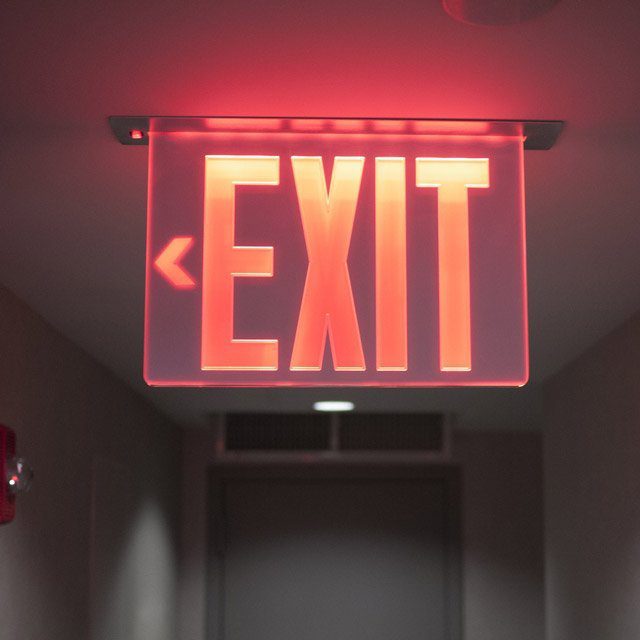30% of Advisors Changed Their Retirement Plans Due to Pandemic: Ameriprise

What You Need to Know
A significant number of advisory firm owners have still not created a succession plan for their business.
Advisors say their clients are shifting to more conservative investments and delaying their homebuying plans.
They say their most pressing challenge is the current investing environment.
Thirty percent of financial advisors have changed their expected retirement dates because of the COVID-19 pandemic, according to the findings of a recent poll by Ameriprise Financial.
Perhaps the most concerning finding, according to Ameriprise, was that 25% of advisors within 10 years of retirement said they did not currently have a succession plan in place, despite the aging advisor workforce.
That is an ongoing dilemma that several industry executives have pointed to in recent years as a major cause for alarm. David DeVoe, CEO and founder of DeVoe & Co. said during a 2020 webinar that the industry “is facing a potential crisis here with succession planning.”
At the recent EDGE conference in Hollywood, Florida, DeVoe said succession planning remained a major issue, with many advisors still “challenged” when it comes to “putting succession plans in place.”
The average marketplace advisor is 15 years away from retiring, according to Ameriprise.
While 61% of advisors polled said they had a succession plan and had communicated it to the intended recipients, 25% said they did not have a succession plan yet, and 14% said they intended to sell their practices.
Other Survey Findings
Ameriprise conducted a blind survey of more than 260 advisors from across the industry (wirehouses, regionals, RIAs, etc.), starting in April, to identify key trends regarding retirement, client behavior changes and market confidence in the industry, it said.
The most common client behavior changes seen by advisors were a shift to more conservative investments (42% of advisors) and delaying plans to buy housing (29%).






